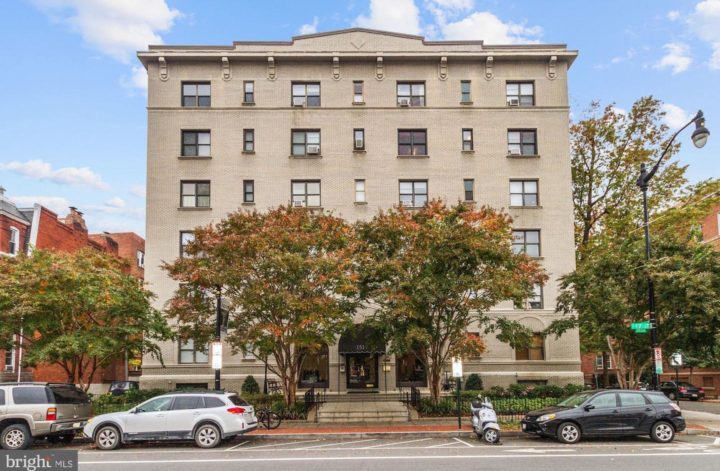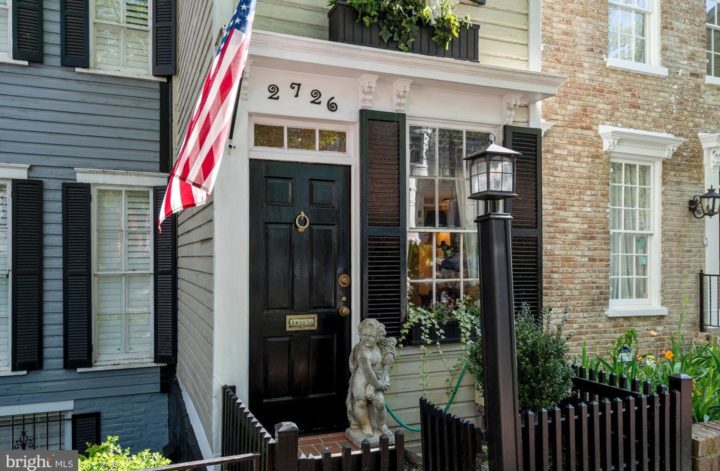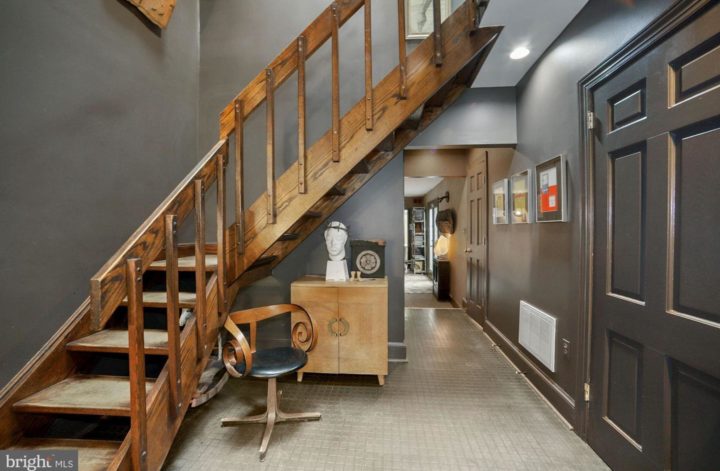It is not uncommon in DC for developers to swoop in and buy small to mid-size apartment buildings that are in need of updating. Usually developers target older apartment buildings (sometimes rent controlled) that they thing they can update and rent out for more money. Ideally, developers would like the current tenants to vacate the property so they can start a major renovation. This leaves the current tenants in a tough situation but there is a silver lining– getting paid. Depending on how much value the developer sees in the building, they may be willing to pay you a lot of cash to leave. Here are some tips to maximize your payout.
Know your Rights
DC is law is very tenant friendly. DC offers Tenant Opportunity to Purchase Assistance (TOPA) to all tenants who qualify. These rights give you first right of refusal when your building is sold. Familiarizing yourself with this program is a great first step.
Form a Tenant Association
The old saying that there is power in numbers rings true here. Gather up your fellow tenants and form an association. As a group, figure out if the developers first offer is a fair one. Do some research to see what kind of rents the developer could get if they rehabbed the building and factor that in to your counteroffer. In one scenario a developer wasn’t offering tenants any compensation to leave. The tenants joined forces and were each given $20,000 once they left.
Retain Legal Counsel
Especially if your apartment complex is larger, you may need a lawyer to help navigate. You should still form the tenant association but have the lawyer do the negotiating. DC Tenant Advocate office is also a great resource when you are just getting started. If you are in a small building, for example a townhouse that has been converted into three units, you may be able to get everything you need from the DC Tenant Office without retaining a lawyer.
Get Paid
The final step is get paid. I have heard stories about some tenants receiving up to $50,000 to leave their apartment. If you are wondering why people dig their heels in and refuse to move, there are a lot of factors at play. On top of the stress of finding a new place to live and moving, there are also important emotional and financial factors to consider. For example, someone who has been living in a rent controlled apartment for 10+ years is probably paying way below market rent and will not be able to find a comparable apartment. For these tenants, a one time payout of $20,000 is not worth losing their below market rate apartment. That money will also not last long in the current rental market.
It’s important to remember that every situation is different so these tips may not apply to everyone. However, I think the blueprint of forming a tenant association and then getting some help from a private lawyer or the DC government is a good place to start.




